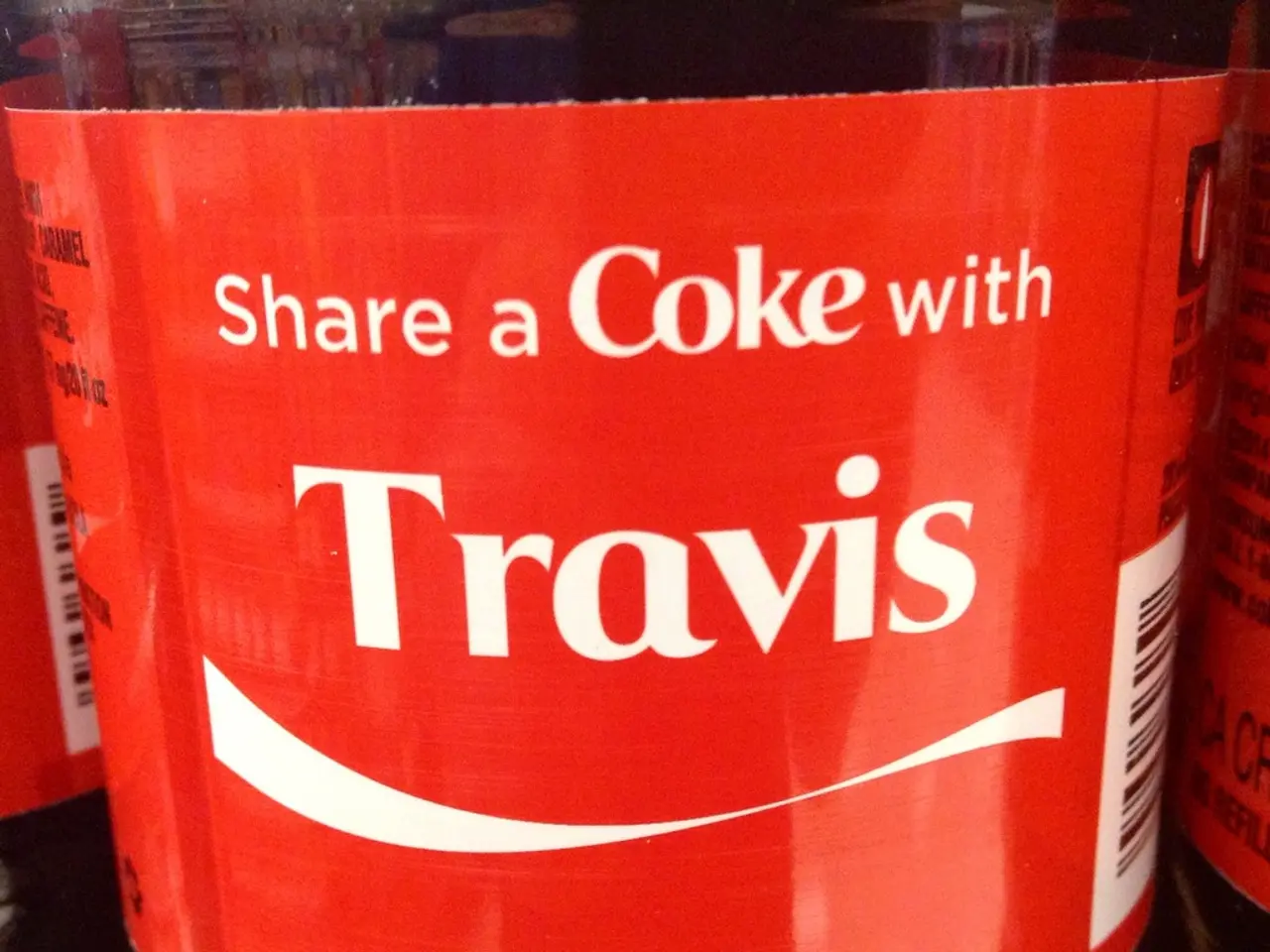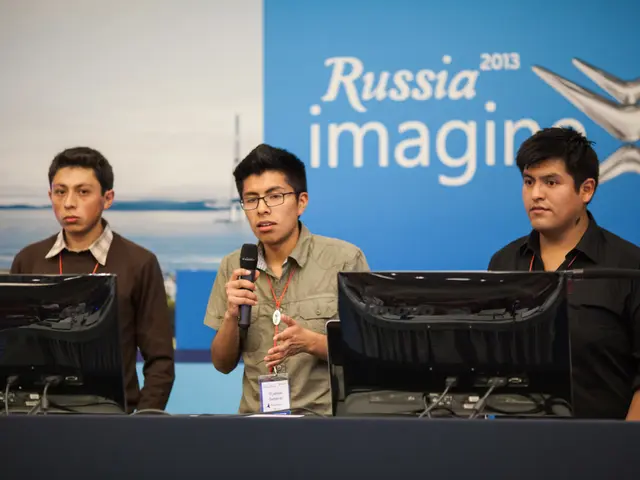SBA Proposes Ending Ban to Let Fintechs Participate in 7(a) Loan Program
The U.S. Small Business Administration (SBA) has proposed ending a 40-year ban, allowing fintech companies to participate in its 7(a) loan program. This move aims to boost small-business lending in underserved markets. However, the plan has sparked concern and debate among industry players.
The SBA's 7(a) program offers loans up to $5 million, with guarantees of up to 85% or 75%, depending on loan size. The proposal seeks to expand the lender base, increasing access to these loans for underserved communities. Funding Circle, a fintech company, applauds the move, citing its experience in government-guaranteed lending in the U.K. and the U.S.
Opposition to the plan comes from bank trade groups, who argue that fintechs' involvement in the Paycheck Protection Program (PPP) demonstrated a risk of fraud and lax anti-fraud standards. They fear this could harm borrowers and threaten the integrity of the 7(a) program. Similarly, Chris Hurn, CEO of Fountainhead, warns of potential issues due to the SBA's slow response times.
ICBA CEO Rebeca Romero Rainey shares these concerns, questioning the SBA's ability to oversee new and existing Small Business Lending Companies (SBLCs). The Independent Community Bankers of America (ICBA) and the Consumer Bankers Association (CBA) urge the SBA to delay further action on SBLC formation until PPP fraud investigations are complete.
The SBA's proposal to involve fintechs in the 7(a) loan program aims to benefit underserved small businesses. However, it faces criticism from bank trade groups and industry leaders who raise concerns about potential fraud and the SBA's oversight capabilities. The outcome of this debate will shape the future of the 7(a) program and small-business lending.







